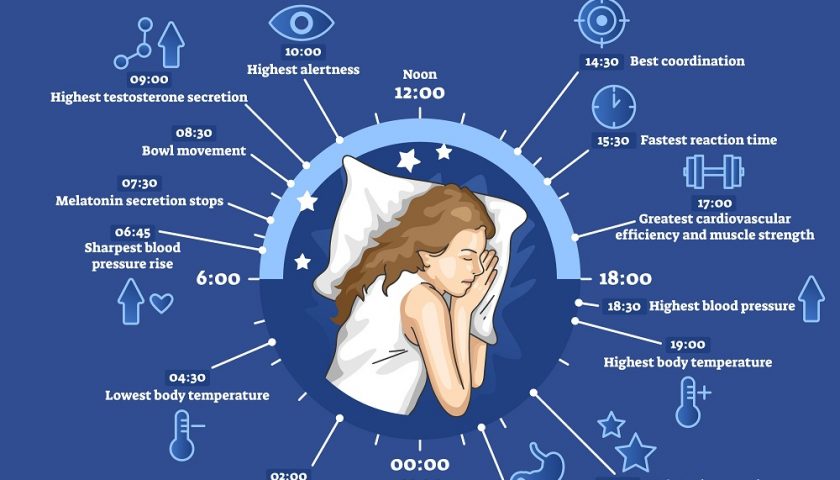This rhythm is influenced by external cues like light and temperature, helping to determine the best time for sleep and wake up
Ideal Sleep Windows
Research suggests that the ideal time to go to sleep is between 9 PM and 11 PM. During this window, our bodies tend to enter deeper stages of sleep more easily, promoting better restorative sleep. This period aligns with the natural drop in body temperature and the release of sleep-inducing hormones like melatonin.
Optimal Wake-Up Times
For waking up feeling refreshed, aiming to wake during the lighter stages of sleep is crucial. Ideally, waking up between 5:30 AM and 7:00 AM corresponds with the body's natural cortisol awakening response, which helps increase alertness and readiness for the day ahead.
Factors Influencing Sleep Timing
Several factors can influence the ideal sleep and wake-up times, including individual genetics, lifestyle, and age. Younger individuals tend to have later natural sleep schedules, while older adults often prefer earlier bedtimes and wake-up times.
Creating a Consistent Routine
Maintaining a consistent sleep schedule, even on weekends, can further reinforce your body's internal clock. This consistency helps regulate hormones, improves sleep quality, and enhances overall well-being.
Adjusting to Personal Needs
Ultimately, the best time for sleep and wake up varies from person to person. It's essential to listen to your body's signals and adjust your sleep routine to fit your lifestyle and personal preferences.









